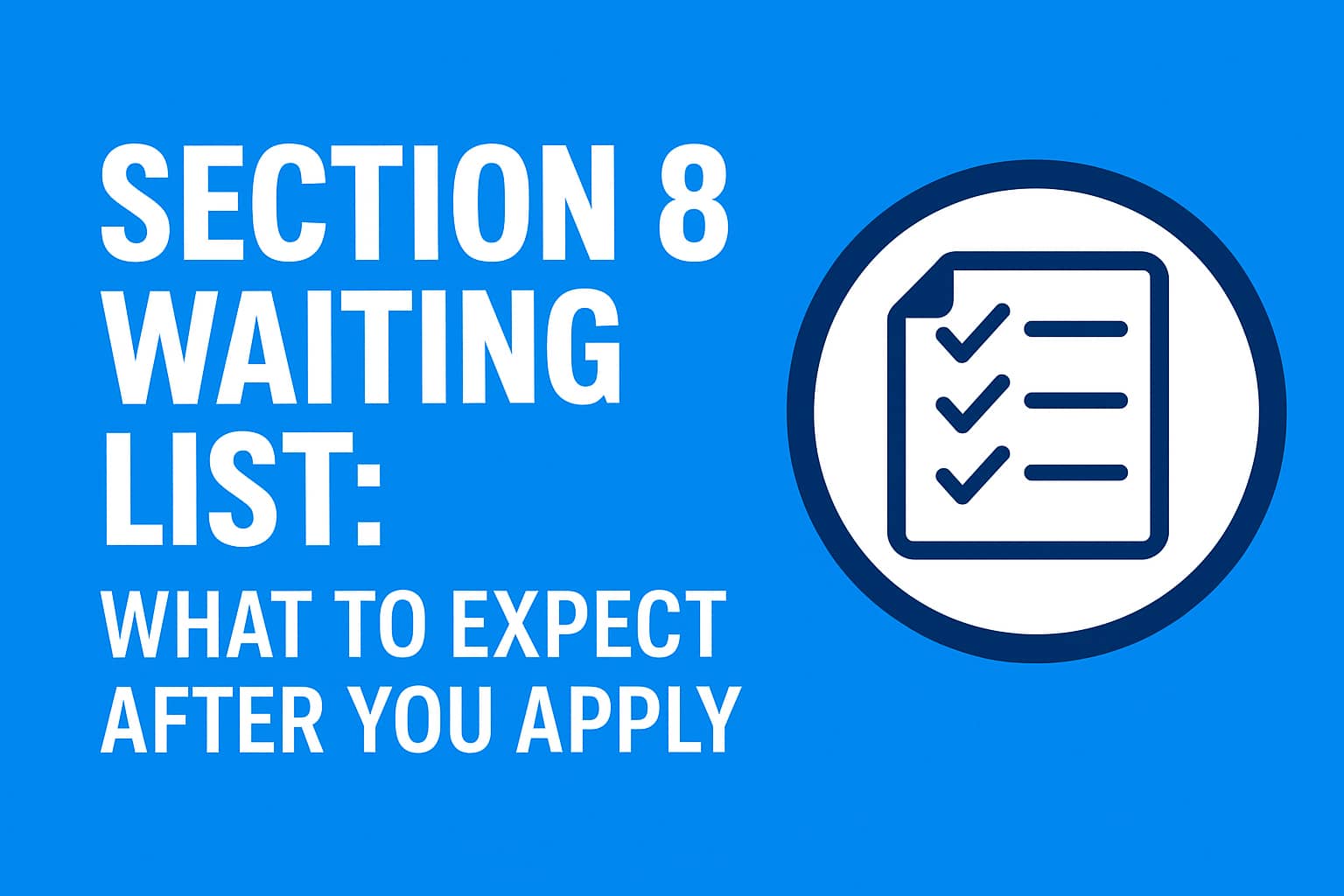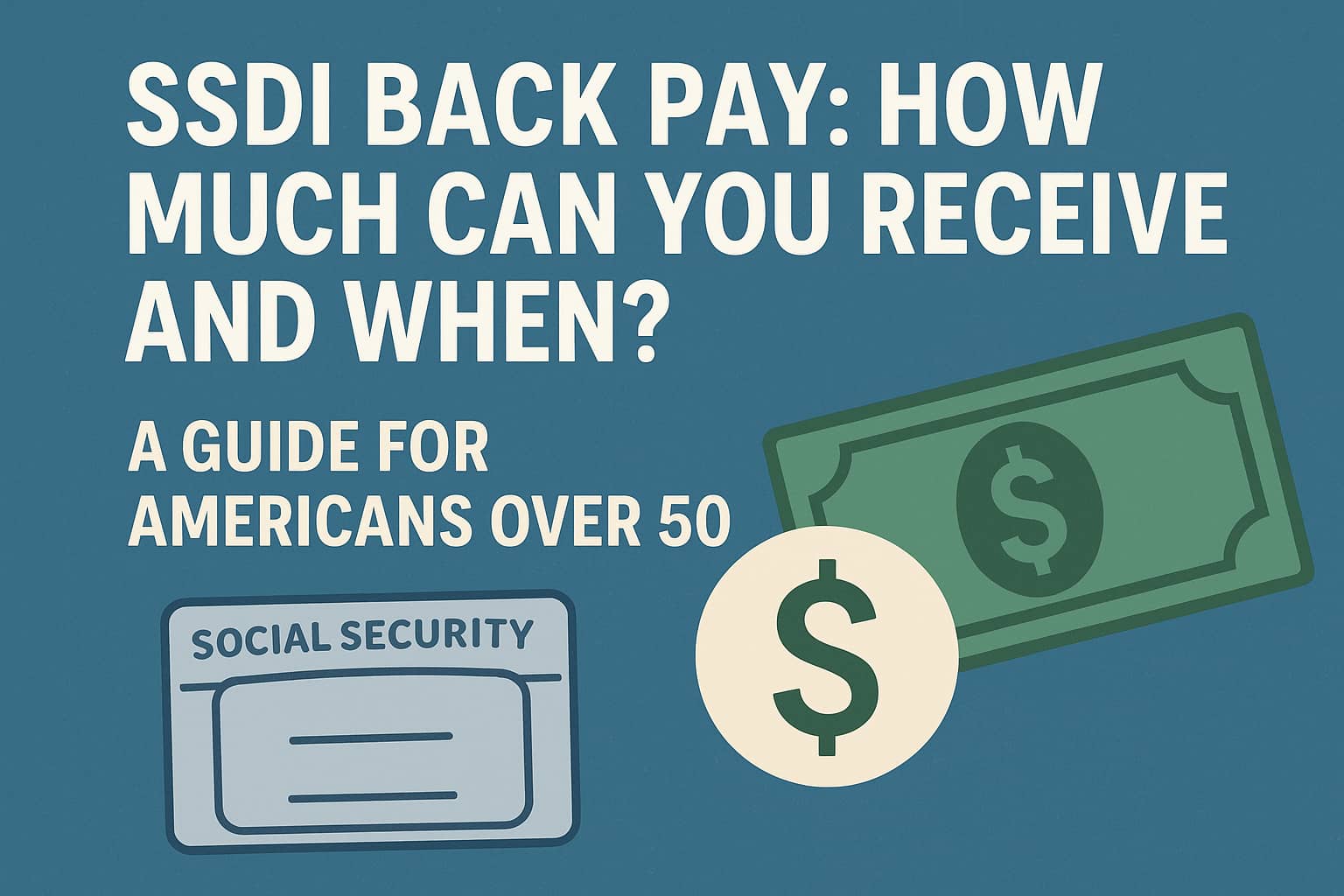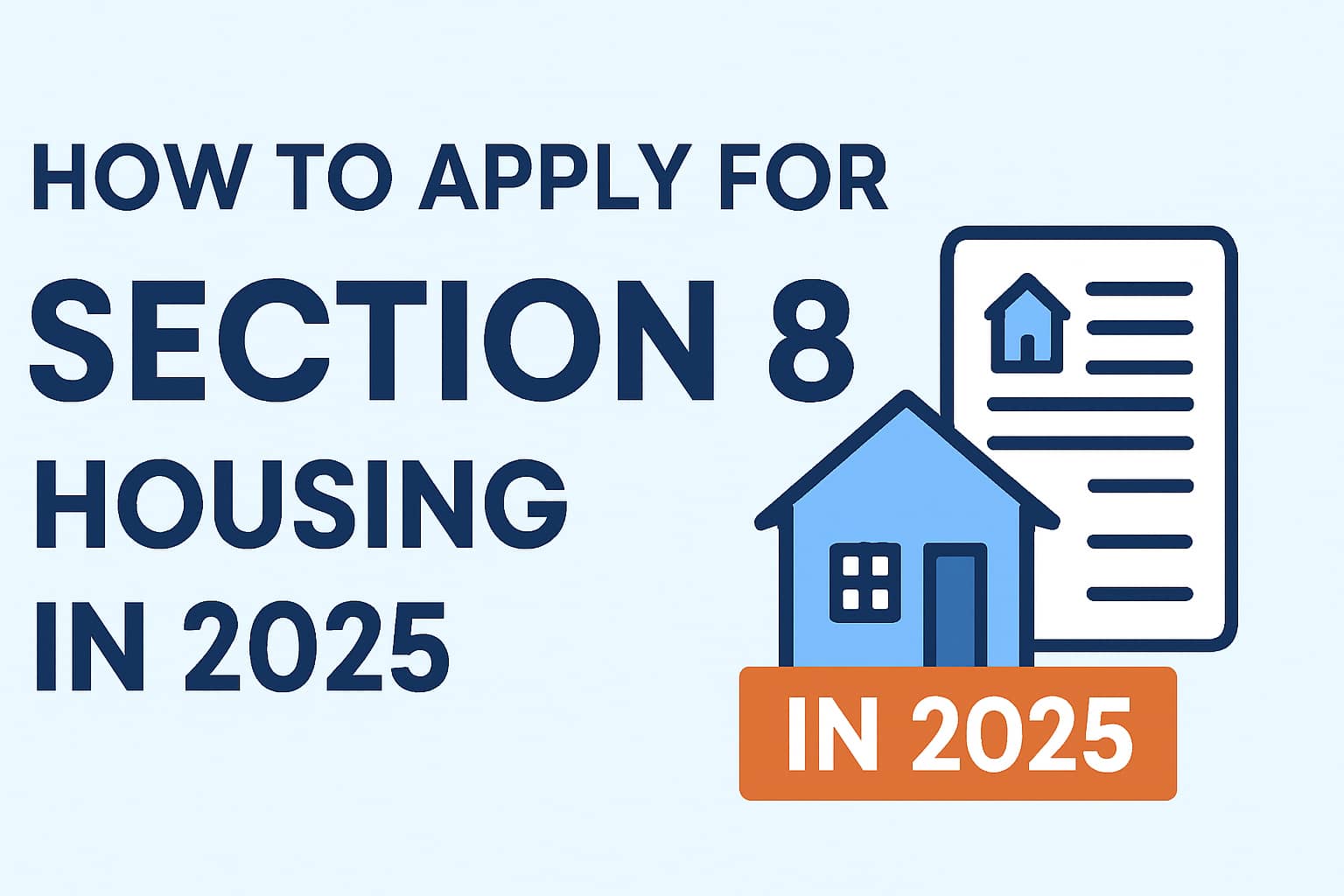
How to Buy a Home After 60 (Step-by-Step Guide)
July 14, 2025
Buying a home after the age of 60 may seem overwhelming, but it can also be one of the most empowering financial decisions of your retirement years. Whether you’re downsizing, relocating to be near family, or investing in a forever home, the real estate market offers senior-friendly pathways that can work in your favor.
In this step-by-step guide, we’ll walk you through everything you need to know about buying a home after 60—from budgeting and mortgages to inspections and moving.
✅ Step 1: Know Your Goals and Budget
Before starting the home search, clearly define why you want to buy:
- Are you downsizing for comfort?
- Do you want to be closer to your children or healthcare facilities?
- Are you seeking a retirement-friendly state with tax advantages?
Next, evaluate your budget. Even if you’re mortgage-free now, buying a new home may involve:
- Down payments
- Property taxes
- HOA fees
- Maintenance costs
- Closing costs
Pro tip: A reverse mortgage purchase (HECM for Purchase) may let you buy a new home without monthly payments.
✅ Step 2: Check Your Credit and Financing Options
Yes—you can get a mortgage even after age 60. Lenders cannot discriminate based on age, but they will assess your income sources (Social Security, retirement accounts, pensions).
Common mortgage options for seniors:
- Conventional loan: Ideal for those with stable retirement income.
- FHA loan: Lower down payments, great if your credit isn’t perfect.
- HECM (Reverse Mortgage for Purchase): No monthly payments, but you must live in the home as your primary residence.
CPC Tip: Mortgage and retirement finance keywords often have high ad payouts.
✅ Step 3: Get Pre-Approved
A pre-approval gives you a clear idea of your buying power and shows sellers you’re serious. You’ll need:
- Proof of income (e.g. SSA-1099, IRA withdrawal records)
- Credit report
- Debt-to-income ratio
✅ Step 4: Work with a Senior-Friendly Real Estate Agent
Look for an agent with experience in working with retirees or who holds the SRES® (Senior Real Estate Specialist) designation. They’ll understand:
- The importance of low-maintenance homes
- Accessibility features (e.g. one-level living, walk-in tubs)
- Local retirement communities or 55+ neighborhoods
✅ Step 5: Choose the Right Type of Home
Not all homes are retirement-friendly. Consider:
- Single-story homes: Avoid stairs as mobility becomes a concern.
- Condos or townhomes: Less maintenance, but may have HOA fees.
- Retirement communities: Built for senior living with security, amenities, and healthcare access.
- Location: Close to hospitals, family, public transport, and grocery stores.
✅ Step 6: Schedule a Home Inspection and Appraisal
Before you close the deal, get a professional home inspection. Older homes may come with hidden repair costs that can strain a retirement budget.
Don’t skip:
- Electrical and plumbing systems
- Roof and HVAC condition
- Foundation and safety hazards
Appraisal: Required for most mortgage types to confirm the home’s market value.
✅ Step 7: Plan Your Move Strategically
Moving after 60 can be physically and emotionally demanding. Consider hiring:
- A senior move manager
- Professional packing and downsizing services
- Movers experienced in assisting older adults
Pack essentials separately, especially medications and medical equipment.
🏡 Conclusion: You’re Never Too Old to Own a Home
Buying a home after 60 isn’t just possible—it’s practical, empowering, and often more financially beneficial than renting long-term. Whether you’re retiring in place or starting fresh in a new state, the key is to make informed, confident choices aligned with your goals and comfort.
With the right financial strategy, agent, and mindset, your next home can become your best home yet.
💬 FAQs
Q: Can I get a 30-year mortgage at age 65?
A: Yes! Lenders base approval on income and credit—not age. You can qualify for a 30-year mortgage even in retirement.
Q: Should I rent instead of buying after 60?
A: Renting offers flexibility, but owning may provide equity, stability, and tax advantages. It depends on your long-term goals.
🛑 Disclaimer
This article is for informational purposes only and does not constitute financial, legal, or real estate advice. Always consult with a licensed mortgage advisor, financial planner, or real estate professional before making home-buying decisions. We do not represent any financial institution or government agency.
Recent Posts
What to Expect After You Apply: The Section 8 Waiting List
September 29, 2025
SSDI Back Pay: How Much Can You Receive and When?
September 29, 2025
How to Apply for Section 8 Housing in 2025 – Complete
September 27, 2025
How to Qualify for SNAP Benefits in 2025: The Complete Guide
September 27, 2025
Supplements That Help With Memory Loss in Seniors
August 10, 2025
SUBSCRIBE TO OUR NEWSLETTERS
Subscribe our newsletter for latest news, questions. Let's stay updated!





